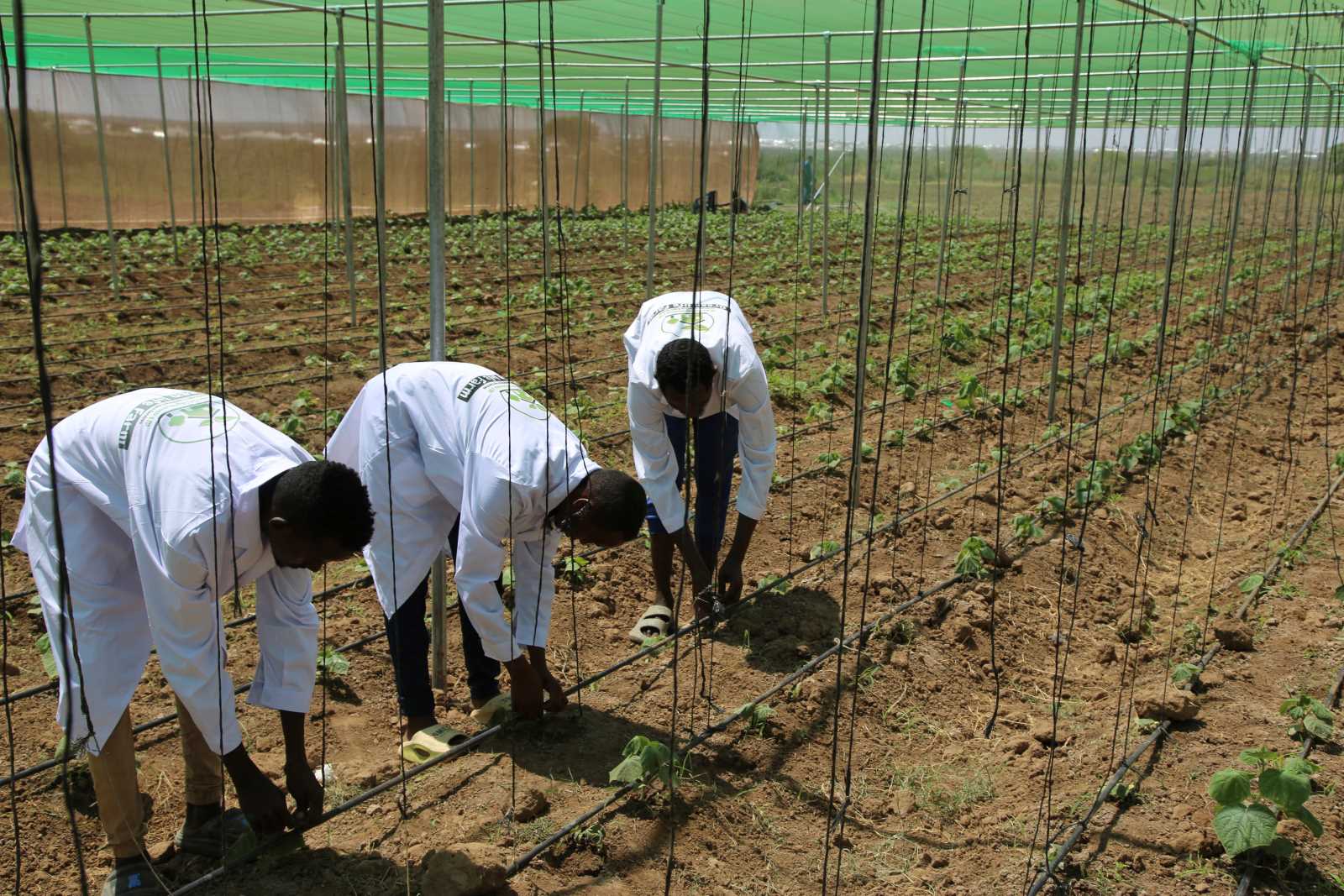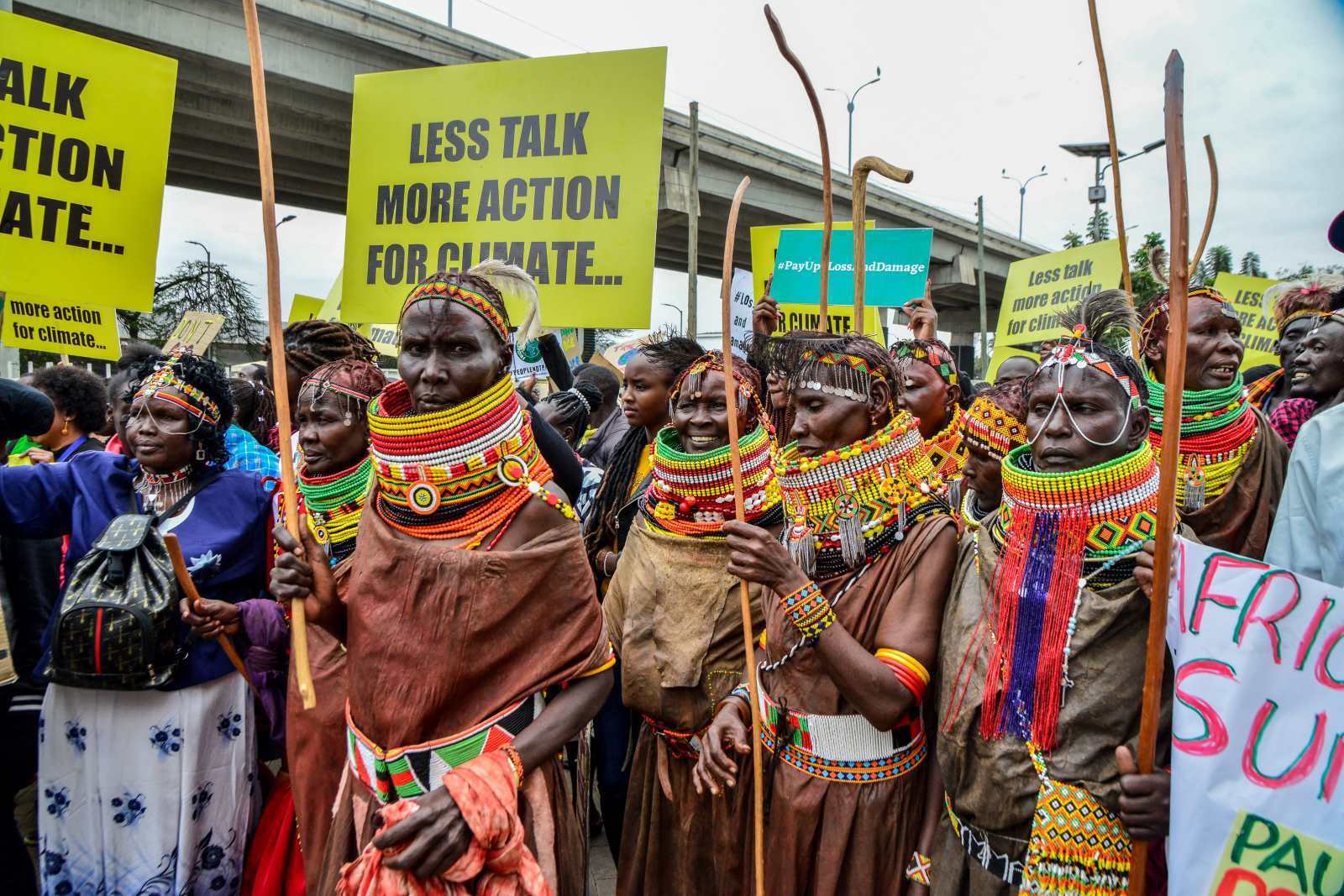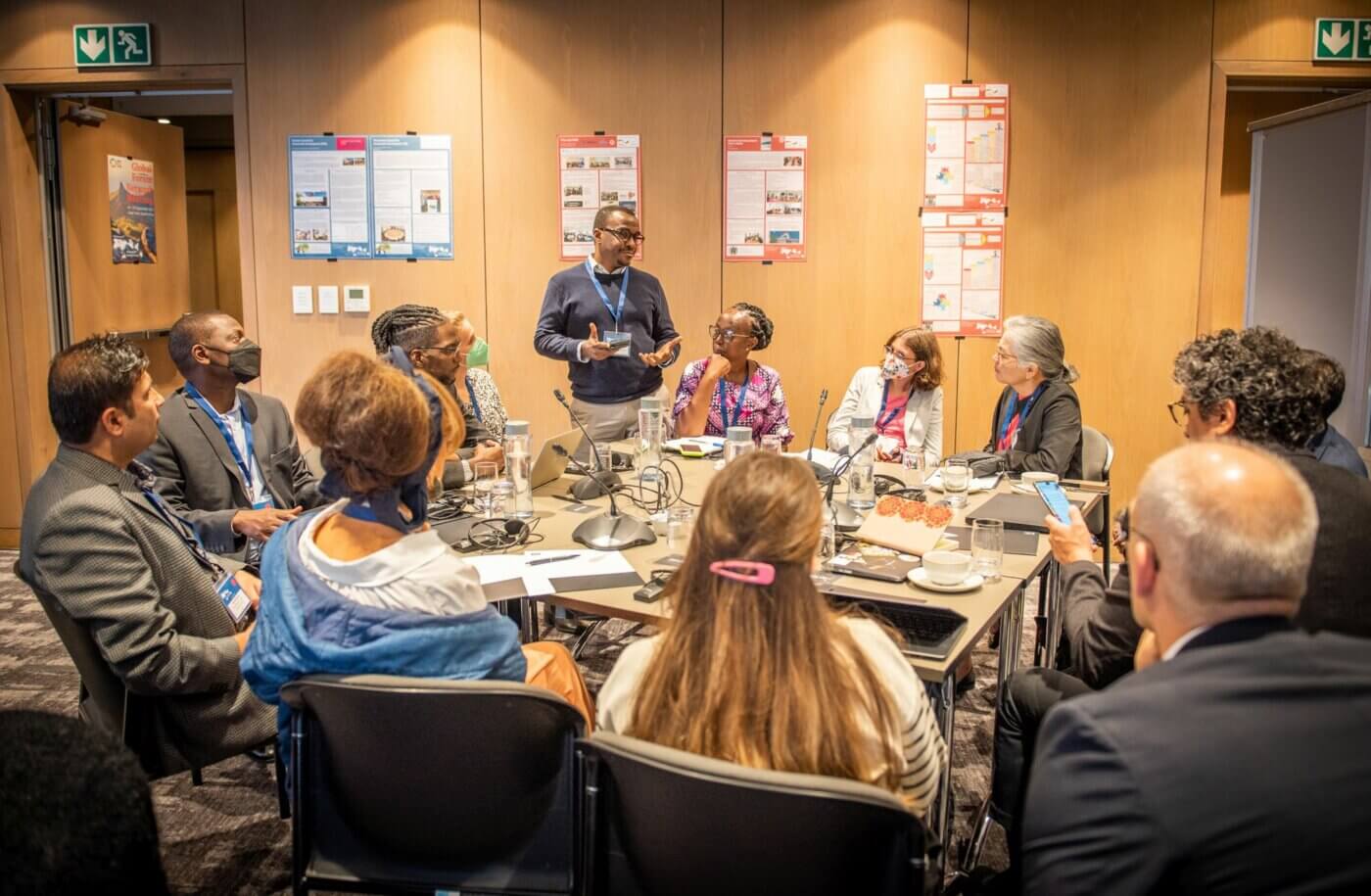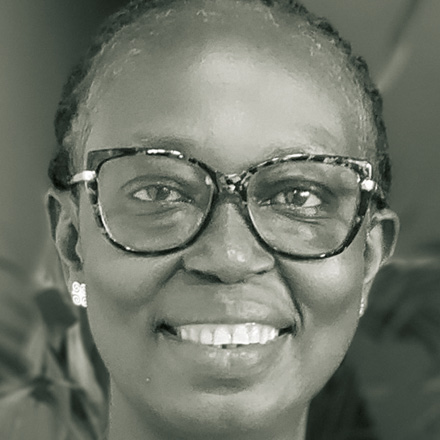Public finances
“This is not tax-payer money”
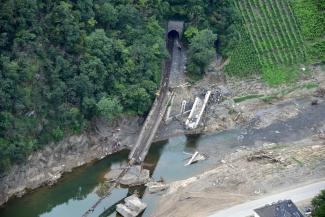
In my reading, the Glasgow climate summit COP26 basically resulted in leaving it to market forces to put a check on global warming. The agreements made invite private-sector companies to take climate action, without putting much pressure on them. That is what governments of prosperous nations wanted. If things go well, that just might suffice to limit global heating to 1.5°, but we have no guarantee. Do you agree?
Yes, but you are missing something important: we are running out of time. COP26 was basically business as usual. We got marginal progress in many areas, so the global agreements are now a little bit better than they were previously. But what the summit did not take into account – and that was especially true of diplomates from high-income countries – was how bad the impacts of climate change are already. Average temperatures on Earth have increased by 1.1° since the industrial revolution set in. 2021 was the year when the climate knocked loudly on the doors of Europe and North America. Extreme weather is causing increasing harm. Some 180 people died in Germany because of flooding last July. In late December, wildfires destroyed almost 1000 homes in the Denver-Boulder area, which is the well-developed centre of Colorado. People in high-income countries are now experiencing mass suffering due to extreme weather in ways we in low-income countries have been for years. Nonetheless, the COP26 still pretended that climate change is something that will affect us in the future.
Are you implying that the 1.5° limit set in the Paris Agreement is now obsolete?
No, not at all. It still matters if we don’t want things to spin out of control completely. My point is that the climate crisis is here and we have to act now. We will be seeing the kind of disasters I just mentioned for the next 20 to 30 years, whatever we do now. Average temperatures are set to rise year after year. The 1.5° goal is important. Though we really must take immediate action now, there was no sense of urgency in Glasgow.
There has been a lot of talk of “green recovery” or “building back better”. However, stimulus programmes to escape the Covid-19 crisis have hardly been geared to making economies environmentally sustainable. By March last year, the 30 largest economies had spent more than $ 14.9 trillion, of which only $ 1.8 trillion was used for green purposes. Global stimulus spending amounted to 16 trillion, but there was no meaningful international coordination. Low-income countries and lower-middle income countries, moreover, didn’t have the fiscal space for stimulus programmes.
Seen from the global south, the funding situation is totally unfair. Prosperous nations keep failing to live up to their promises. The most striking recent example is the annual $ 100 billion for climate mitigation and adaptation, which were informally promised at the COP in Copenhagen in 2009 and formally included in the Paris Agreement in 2015. As I told you in a previous interview, rich nations were supposed to make those $ 100 billion in 2020, but the actual sum was only somewhere between $ 70 billion and $ 80 billion (see my contribution on www.dandc.eu). There still isn’t even a proper tracking mechanism. In Glasgow, rich nations said “sorry” – and then postponed fulfilment to 2023. This is how they keep undermining their own credibility. Since the mid-1970s, most of them have not once lived up to the commitment of spending 0.7 % of GNP on official development assistance (ODA). Germany only rose to that level a few years ago thanks to spending on refugees. We have no serious guarantee that you will not drop below it again. The G7, the club of long-established economic powers, is miserly when it comes to debt relief, while poor countries are actually suffering the impacts of greenhouse gases the G7 emitted over decades. What I’ve found most infuriating in Glasgow, therefore, was that diplomats from the USA and the EU changed the language in the final document in the very last minute. Instead of a Loss and Damage Facility, we only got a Loss and Damage Dialogue. Negotiations will thus drag on as though losses and damages were not happening right now, every day, all over the world.
What sums would be involved?
At this point, one dollar would be good. Your government has given nothing. Yes, they are investing in research on the matter, but that doesn’t help people are who are suffering now. No sovereign government has given any money. By contrast, Nicola Sturgeon, Scotland’s First Minister, pledged £ 2 million. She is a real leader. Wallonia, the Belgian region, added another € 1 million. Private foundations chipped in too, so all summed up we now have something like $ 10 million. That is a start, but in view of the need, it is really nothing at all. Of course, whatever we discuss in regard to climate finance, ODA et cetera, is always far below what is required globally. To keep global heating below 1.5° hundreds of trillions of dollars are needed around the world, including from the private sector. The good news is that major corporations are waking up, but policy-making is not coordinated in any meaningful way.
Is there anyone who could serve as the coordinator?
Well, I think that Kristalina Georgieva, the managing director of the IMF, has been doing a very good job. She understands the issues, including the need to vaccinate people in developing countries fast (see Chimezie Anajama on www.dandc.eu). This is yet another issue where high-income countries have let us down. Georgieva’s initiative to expand special drawing rights was excellent (see Kathrin Berensmann on www.dandc.eu). It basically means that governments around the world have an additional $ 650 billion of IMF generated money at their disposal. The share of low-income countries is a mere $ 21 billion, but even that comparatively tiny sum is helpful. Governments of high-income countries should support poorer partners with their new special drawing rights. They can afford to use them generously. This is not taxpayer money. It doesn’t affect their budgets.
You said that Glasgow delivered marginal progress. Please give an example.
So far, 80 % of the inadequate climate finance high-income countries have provided has been geared to climate mitigation. The reason is that mitigation investments are often profitable in business terms, for example, when they flow into renewable power generation. Adaptation projects do not deliver profits, but they are especially important for low-income countries where emissions are low, but climate impacts are severe. A good result in Glasgow was that adaptation funding will double. That is less than the 50 % of climate finance that climate-vulnerable countries demanded, but it is a step the right direction.
Is adaptation funding being used well?
Unfortunately, the most vulnerable and poorest communities hardly benefit so far. We need more action that is driven by grassroots communities. In this area, international agencies can actually play an important role. They should pay attention to what local civil-society leaders say. Grassroots communities understand best what they need. At the same time, international agencies should hold state agencies in developing countries accountable and track what happens with international funds.
Are there any lessons from Covid-19?
I would say that the most important lesson is that we are in for surprises. The USA and Britain were believed to be leaders in terms of pandemic preparedness. Nonetheless, the death toll was particularly high in both countries. Leaders in rich countries generally underestimate the risks they are running.
How is your country, Bangladesh, coping with climate impacts?
The news is mixed. On the downside, extreme weather events are getting worse. Many people’s livelihoods are being destroyed. On the upside, we have become good at leaving no one behind when disaster strikes. We regularly have floods that are worse than what Germany saw this summer, but our death toll is normally zero. Our early warning systems work. Everyone gets timely text messages. People know what to do to stay safe. Secondary school students play an important role. They pass on what they learn in school to families and neighbours. Many assume personal responsibility for taking care of particularly vulnerable people in moments of crisis – consider an elderly lady who lives on her own and is one of the very few people who still do not use any digital device. In terms of disaster preparedness, even Germany can benefit from our experience. In July, Bangladesh-style cell-phone messaging would have saved many lives.
Saleemul Huq is the director of the International Centre for Climate Change and Development (ICCCAD) at Independent University, Bangladesh (IUB) in Dhaka.
saleemul.huq@icccad.org
http://www.icccad.net/
Hans Dembowski is the editor in chief of D+C/E+Z.
euz.editor@dandc.eu

